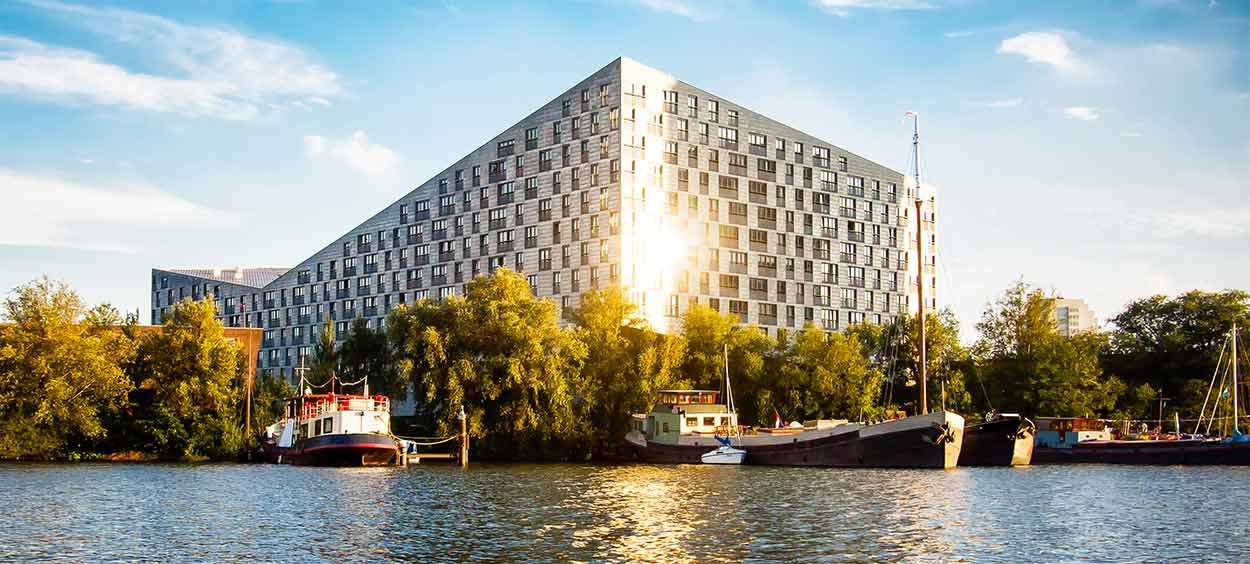Recognised sponsor
‘’Are you an employer and do you wish to employ a foreign employee?
In some cases, it is necessary to become a recognised sponsor.’’
‘’Are you an employer and do you wish to employ a foreign employee?
In some cases, it is necessary to become a recognised sponsor.’’

The Dutch labour market is becoming more and more international. The number of international employees within Dutch organisations and businesses grows. For people from outside the European Union it is possible to come to the Netherlands as a highly skilled migrant. But what is a highly skilled migrant? A highly skilled migrant is a highly educated foreigner with the nationality of a country from outside the EU and Switzerland who wants to enter the Netherlands in order to contribute to our knowledge-based economy.
If an employer wants to bring a highly skilled migrant to the Netherlands, the employer will need to be a recognised sponsor. In order to become a recognised sponsor, the employer will need to submit an application at the Dutch Immigration- and Naturalisation Service (IND). Thereafter the IND will decide whether or not the employer will be qualified as a recognised sponsor. The recognition as a sponsor means that the business is considered a reliable partner by the IND.
Recognition has different advantages:
• The employer can make use of an accelerated admission procedure for the highly skilled migrant. Instead of three to five months the IND aims to make a decision on the request within two weeks. If a permit is needed for residence and employment this will be seven weeks.
• The employer will need to send less documents of evidence to the IND. In many cases an individual statement will be sufficient. Therein the employer states that the foreign employee fulfils all conditions for the admission and residence in the Netherlands.
• The employer has a fixed point of contact at the IND.
We can help you with applying for recognised sponsorship based on the following four categories:
1. Study: residence permit applications with the purpose study;
2. Exchange: residence permit applications with the purpose exchange (this includes au pairs and young exchange participants);
3. Research: residence permit applications with the purpose research based on the Directive (EU) 2016/801;
4. Labour: residence permit applications with the purpose paid labour, seasonal labour, learning labour, labour as knowledge migrant, transfer within a company or residence as a holder of a European blue card.